Karachi, Pakistan's financial hub, faces both challenges and opportunities in its recycling ecosystem due to high population density and industrial sectors. Despite a lack of centralized infrastructure and awareness, initiatives like Gulistan-e-Jauhar demonstrate that with dedicated resources and community involvement, the city can move towards sustainability by transforming waste into valuable resources. These centers process diverse materials such as paper, plastic, glass, and metal, contributing to a circular economy, generating employment, and minimizing environmental degradation. However, challenges including urbanization, infrastructure strain, funding shortages, and low public awareness require focused efforts to educate residents on responsible waste segregation and recycling practices.
Karachi, Pakistan’s bustling metropolis, faces significant waste management challenges. In this context, recycling centers like Gulistan-e-Jauhar play a pivotal role in sustainability efforts. This article explores Karachi’s intricate recycling ecosystem, focusing on how Gulistan-e-Jauhar contributes to efficient waste management. We delve into the types of materials recycled, practical tips for preparation, and the benefits and challenges associated with these centers. Understanding these aspects is crucial for fostering a more eco-conscious Karachi.
- Understanding Karachi's Recycling Ecosystem
- The Role of Gulistan-e-Jauhar in Waste Management
- Types of Materials Recycled at the Center
- How to Prepare Your Waste for Recycling
- Benefits and Challenges of Karachi's Recycling Centers
Understanding Karachi's Recycling Ecosystem
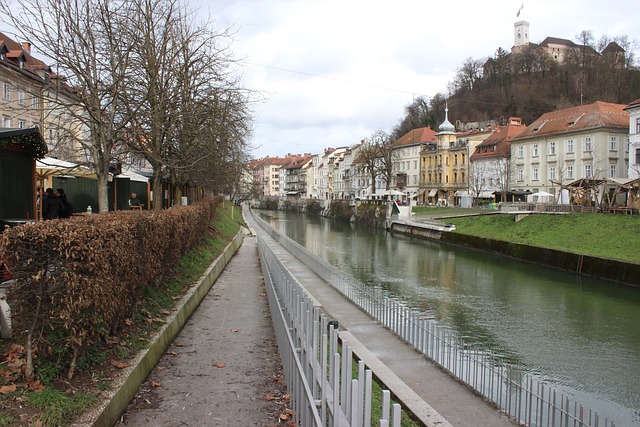
Karachi, as Pakistan’s financial hub, presents a unique challenge and opportunity in its recycling ecosystem. The city’s dense population and bustling industrial sectors generate significant waste, making effective recycling practices both crucial and pressing. Understanding this complex web involves recognizing various players, from local recycling centers like Gulistan-e-Jauhar to government initiatives aimed at improving waste management.
The karachi recycling landscape is characterized by a mix of informal and formal sectors. While some residents and businesses actively participate in recycling efforts, the lack of centralized infrastructure and awareness poses challenges. However, initiatives such as those found in Gulistan-e-Jauhar offer hope, demonstrating that with dedicated resources and community involvement, Karachi can move towards a more sustainable future by transforming waste into valuable resources.
The Role of Gulistan-e-Jauhar in Waste Management

Gulistan-e-Jauhar, a vibrant area in Karachi, plays a pivotal role in the city’s waste management strategy. As one of the key recycling centers in the region, it contributes significantly to the circular economy by transforming waste into valuable resources. The center facilitates the collection, sorting, and processing of various types of recyclables, such as paper, plastic, glass, and metal, diverting them from landfills.
This sustainable initiative not only reduces the environmental impact of waste disposal but also creates job opportunities for local communities. By engaging in recycling practices, Gulistan-e-Jauhar empowers residents to take responsibility for their ecological footprint. Moreover, it serves as a model for other areas in Karachi, demonstrating the potential for effective waste management and resource conservation on a local scale.
Types of Materials Recycled at the Center
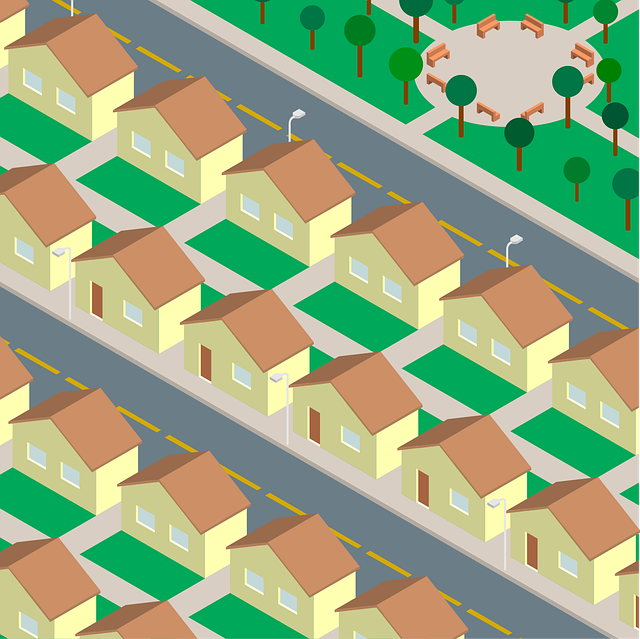
At the Gulistan-e-Jauhar recycling centers in Karachi, a diverse range of materials are processed and transformed into valuable resources. The center accepts various types of plastics, including PET bottles, HDPE containers, and PVC pipes, which are then shredded and sorted for further processing. Paper products such as newspapers, magazines, and cardboard boxes are also a significant part of the recycling process, contributing to the production of new paper goods.
Metal waste is another key component, with aluminum cans, steel drums, and even old appliances being collected and recycled. Glass bottles and jars are meticulously sorted by color and type, ensuring efficient processing for the manufacture of new glass products. This comprehensive approach not only reduces the environmental impact but also showcases the center’s commitment to a sustainable future in Karachi.
How to Prepare Your Waste for Recycling

Preparing your waste for recycling is an essential step in ensuring that materials can be effectively processed at centers like those found in Gulistan-e-Jauhar, Karachi. First, separate different types of waste, such as paper, plastic, glass, and metal. Each material has specific guidelines for recycling, and proper sorting makes the process more efficient. For example, ensure all plastics are clean and dry, as contaminants can render them unusable.
When preparing paper, remove any staples or bindings, as these can cause issues in the recycling machinery. Similarly, with glass, wash and crush larger items to make handling easier. In Karachi’s bustling environment, being mindful of how you prepare your waste can significantly contribute to the city’s overall recycling efforts, fostering a sustainable future for all its folks.
Benefits and Challenges of Karachi's Recycling Centers

Karachi, as Pakistan’s economic powerhouse, faces unique challenges and reaps significant benefits from its recycling centers. These facilities play a pivotal role in managing the city’s vast waste streams, promoting sustainable practices, and contributing to environmental conservation efforts. One of the primary advantages is the reduction in landfill waste, which not only conserves land resources but also minimizes the risk of pollution and health hazards associated with improper waste disposal.
Despite these merits, Karachi’s recycling centers grapple with several hurdles. The city’s rapid urbanization and increasing population have led to a surge in waste generation, often overwhelming the existing infrastructure. Lack of adequate funding for modern equipment and training for workers is another challenge, hindering efficient recycling processes. Moreover, public awareness and participation remain relatively low, which could be improved through education campaigns to encourage responsible waste segregation and recycling practices among Karachi’s residents.
Karachi’s recycling centers, like Gulistan-e-Jauhar, play a pivotal role in managing the city’s waste and fostering a sustainable future. By efficiently recycling various materials, these centers not only reduce the environmental impact of waste but also contribute to the local economy. Understanding the types of materials accepted and proper preparation techniques can encourage more residents to participate in this eco-friendly initiative. While challenges remain, the benefits of Karachi’s recycling efforts are undeniable, paving the way for a greener and more sustainable city.
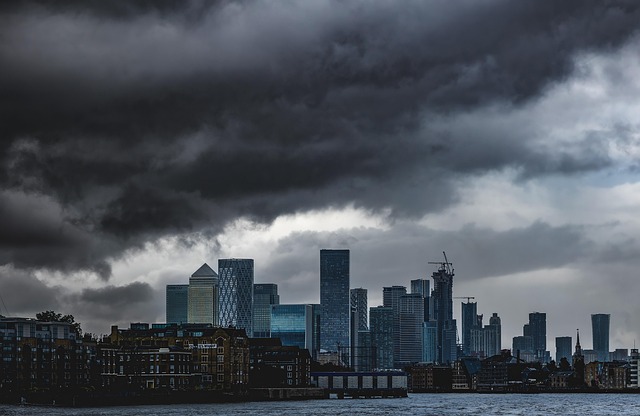

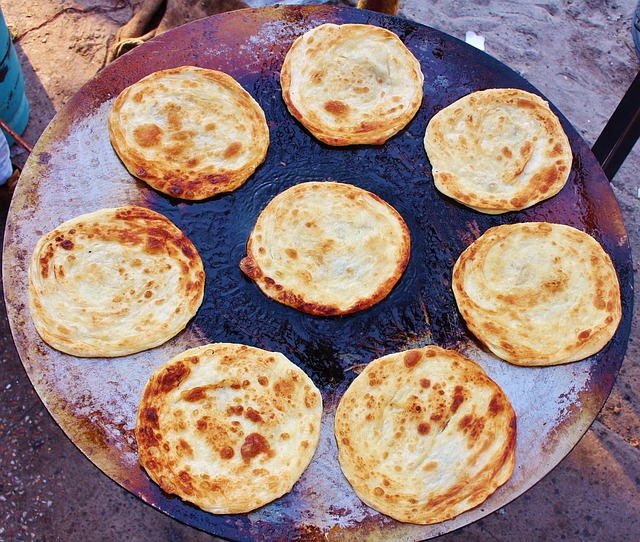
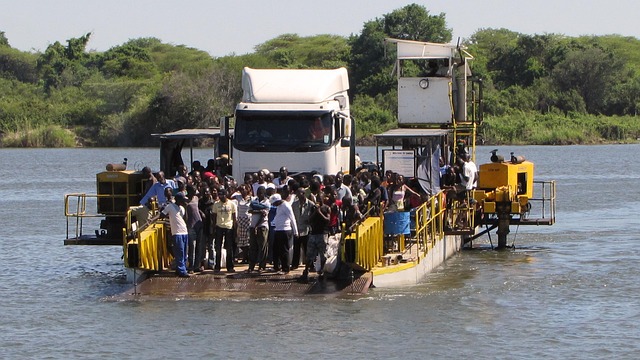



Leave a Reply